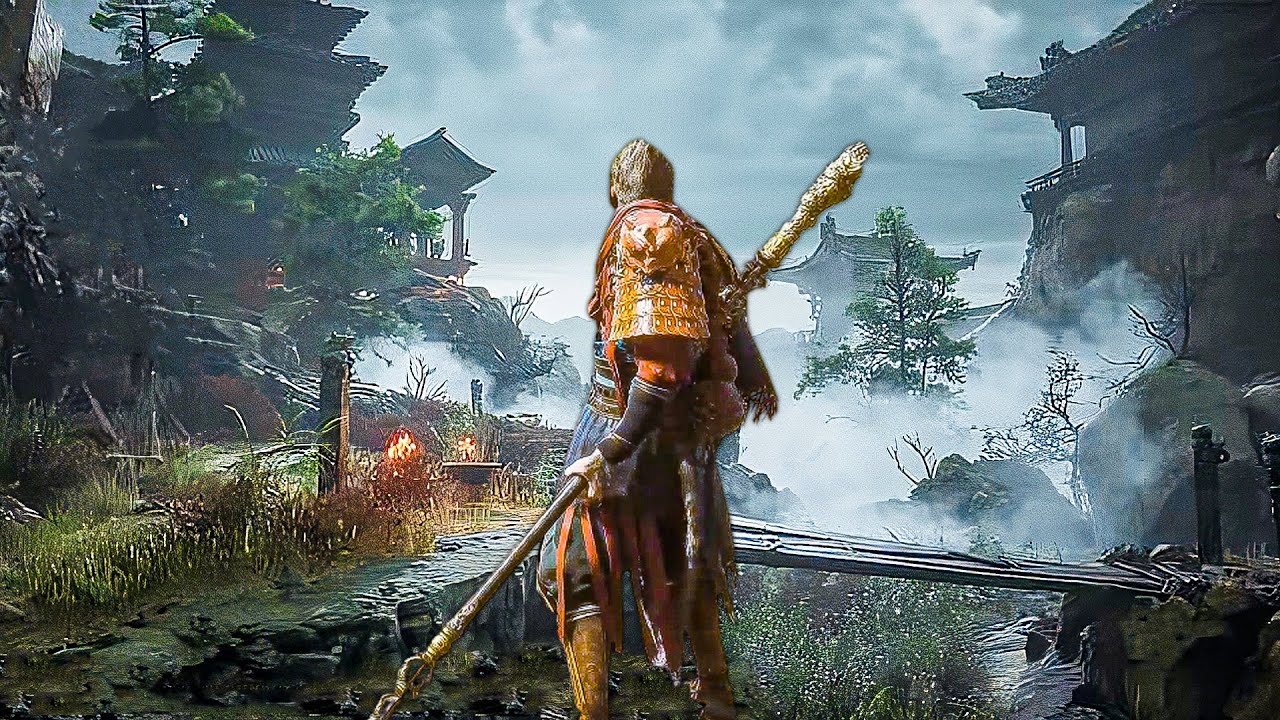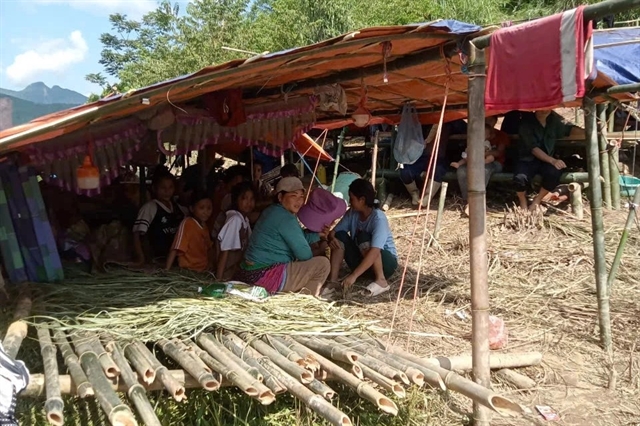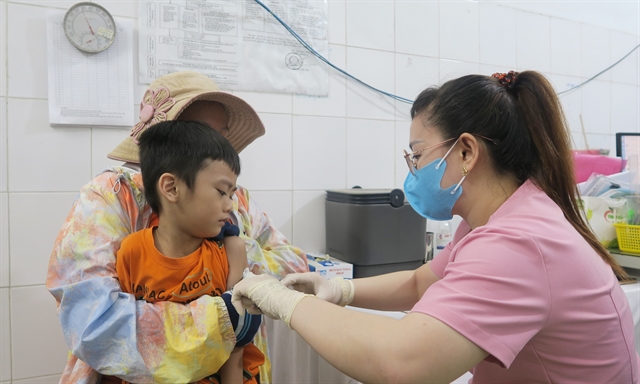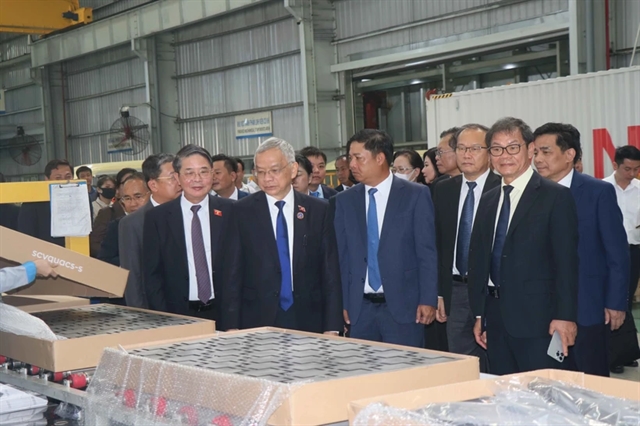▌Câu trả lời hay nhất
With the nature of their profession, loveforTrườthuốc gà đá usa journalists have set foot in various regions, but for many the journey to the Trường Sa (Spratly) Archipelago is a great source of pride and a life-changing experience.
.jpg) |
| A journalist takes photos on the platform during the visit to Trường Sa (Spratly) Archipelago. VNA/VNS Photo Thùy Giang |
By Thùy Giang
SPRATLY ARCHIPELAGO – With the nature of their profession, journalists have set foot in various regions, but for many, the journey to the Trường Sa (Spratly) Archipelago is a great source of pride and a lifetime experience.
Trips organised by the Naval Command and the Ministry of National Defence often include a team of reporters. During these trips, they create vivid press works about the lives, struggles, and military-civilian bonds in the distant islands.
They act as a bridge of information between the remote islands and the mainland, allowing Vietnamese people to take pride in their homeland's seas and islands, join forces, and unite to protect national sovereignty.
During the voyage to the Trường Sa Archipelago in May, journalist Ngô Thu Lan from the Vietnam News Agency's Television Channel (VNEWS) shared that this was her third visit to the islands, after two others in 2015 and 2017.
Reflecting on the motivation to cross the vast sea multiple times to visit the island troops, Lan revealed that her love for the sea and adventure drove her to explore and provide information to VNEWS viewers about all the Trường Sa’s islands and platforms.
"If given the opportunity, I would come every year. Each visit brings a different feeling. It’s always full of anticipation, excitement, and pride," Lan said.
During this voyage, the delegation encountered two days of a tropical depression, causing many members to experience seasickness. However, once arriving on the islands, Lan and her colleagues made every effort with the highest spirit to carry out their work.
Television reporters faced challenges while moving their equipment around, hauling cameras, microphones, gimbals, and more. The female editors often had to shoulder the responsibility of carrying equipment and filming. They had to work diligently to capture beautiful and comprehensive shots since the time spent on the islands was limited.
Lan said that each time she sets foot on Trường Sa, she tries to seize every moment to talk with the soldiers and residents on the island to fully reflect their lives to viewers.
"Working in Trường Sa brings me a peculiar sense of sanctity. The island soldiers possess unwavering political fortitude and resilience amidst countless challenges to firmly protect the sacred seas and islands of the nation. They serve as motivation for all of us," she said.
Nurturing love for the homeland
During the voyage on ship 571 to Trường Sa in April, journalist Giang Hải, head of Content Production at the VTC1 Political News Channel accompanied 220 delegates, including close to 50 overseas Vietnamese currently residing in more than 20 countries and territories.
This was his second visit to the islands. His excitement and emotions remained just like the first time.
"To visit this sacred land of the nation has always been a desire and dream of every Vietnamese person,” he said.
After this trip, the love for the homeland within himself and among the overseas Vietnamese was nurtured and grew with sufficient feelings and understanding of Việt Nam's island and seas.
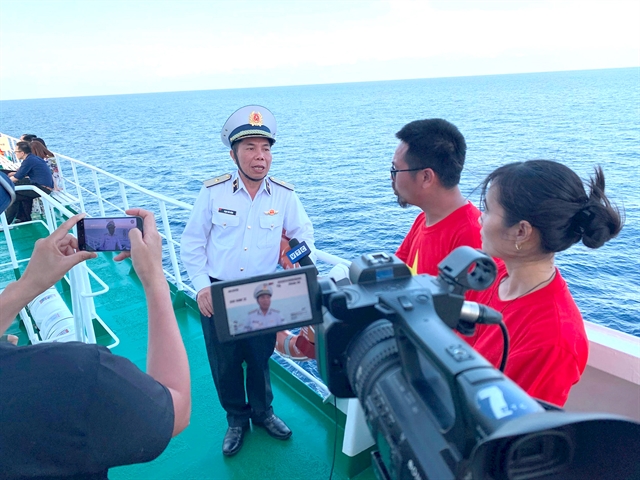 |
| The reporters interviewed Rear Admiral Phạm Văn Hùng, Deputy Chief of Staff of the Navy, on Ship 571. |
Hải recalled the six-day voyage, where he witnessed the soldiers of the Vietnam People's Army standing guard with their weapons. Once again, he and the entire delegation had the opportunity to learn about the history of the generations of soldiers who fought for and preserved the sovereignty of the seas and islands.
Many shed tears during the ceremony to commemorate the heroes and martyrs who were sacrificed in the Gạc Ma Battle on March 14, 1988. They could not hide their emotions when learning that even in peacetime, Second Lieutenant Tạ Ngọc Tú sacrificed his life while monitoring a suspicious target in the darkness on Platform DK1/16 in Phúc Tần Shoal.
During his visit, Hải took every opportunity to convey information about Trường Sa, such as the hardships the soldiers face at the forefront of the nation; the daily lives of the island residents; and cultural exchanges with officers and soldiers on the islands and the mainland.
These valuable materials helped him complete the documentary filmCội Nguồn Việt Nam(The Roots of Việt Nam), which aired at the time of the Hùng Kings' Commemoration Day this year.
Reporter Chu Văn Chỉnh, from VTV4 said that the working trip to Trường Sa this April allowed him to meet people from around the world, fostering a deeper love for the country and the islands.
Chỉnh said after travelling thousands of nautical miles at sea, good health is certainly a prerequisite for every journalist who wishes to work effectively on the islands.
Chỉnh experienced a tight schedule to visit four islands and one platform in six days while he carried ten kilogrammes of equipment, including cameras, tripods, and microphones, to go up and down the islands.
"Carrying cameras and walking under the scorching sun around the large islands is extremely challenging for filmmakers. However, the hardships are worthwhile to bring beautiful and authentic images of the lives of the military and civilians on the islands to the people across the country and our overseas Vietnamese,” he said.
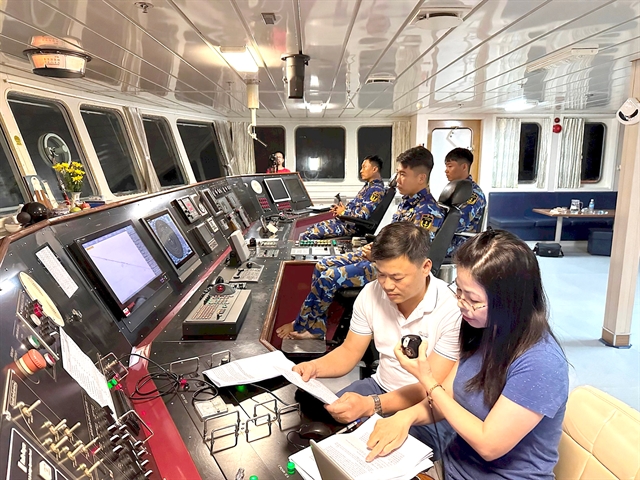 |
| A radio broadcast takes place on Ship 571. |
One thing Chỉnh remembered most was the absence of phone signal on the islands or during the entire voyage, creating a unique experience in his career.
Connecting remote islands with the mainland
Trường Sa Island District in the south-central Khánh Hoà Province now feels closer to the mainland as information about the lives of officers, soldiers, and people living and working beyond the sea is regularly updated through various media channels.
Every day, the journalists wake up at 5am to prepare their equipment for work. They capture precious moments of the lives and emotions of the soldiers and people living in the most distant places of the nation.
Journalists always strive to produce works full of emotions, contributing to sharing an authentic and vivid portrayal of the lives, struggles, and emotions of the military and civilians in the remote islands. – VNS


